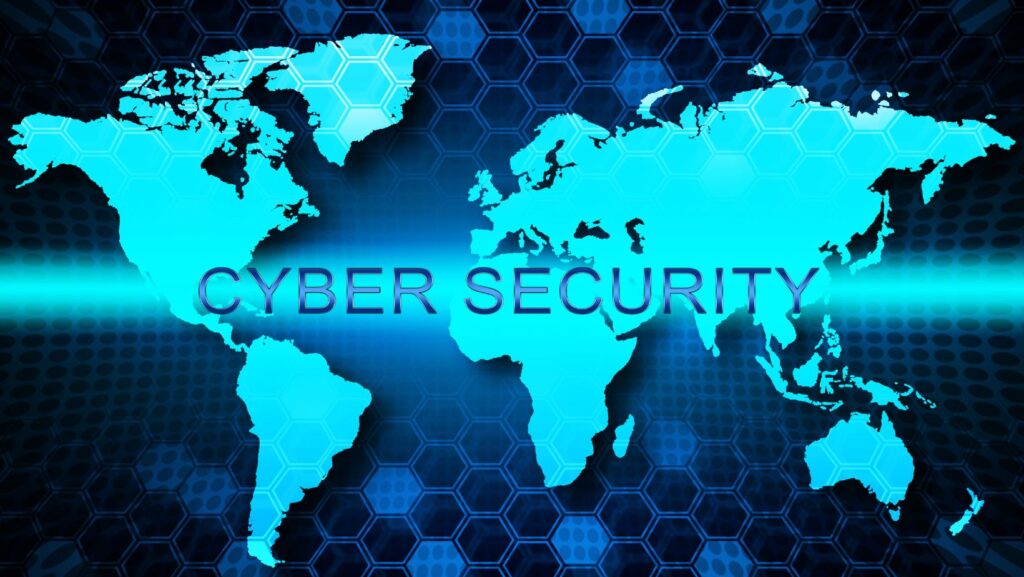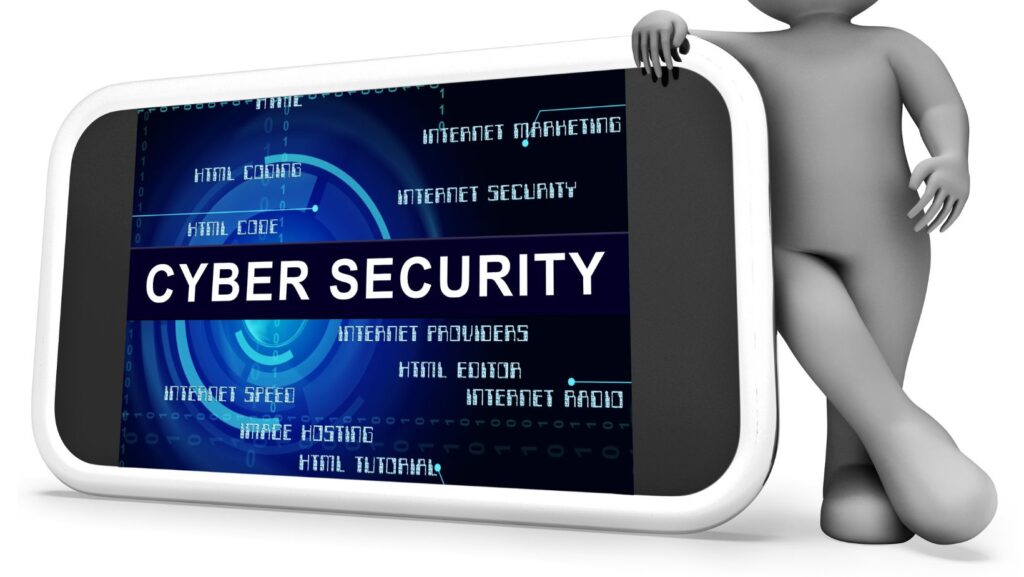You’ve probably had that jolting moment when you realized that, actually, your data isn’t safe online. It could be a phishing email or some kind of suspicious notification. These instances only stress the importance of securing your private data over the internet.
According to IBM, the global average cost of a data breach reached $4.88 million in 2024. That is a 10% increase from the previous year and the largest ever total. This is a concerning increase and it underpins the importance of taking data protection seriously. As cyber threats continue to evolve, protecting your personal and business information is increasingly important. Let’s get into some practical ways of protecting your data.
Ensure your safety by avoiding phishing and other scams
Phishing scams often trick people into revealing personal and financial information. These kinds of scams can land in your email, text messages, and even on fake websites. Always double-check the details of who sent this and never click on suspicious links.
Educate yourself about such common signs of phishing in order to stay ahead of scammers. Imagine a situation where you receive an email that purports to originate from your bank, asking you to verify your account details. The email may replicate the look and text of your legitimate bank, so it is very hard to differentiate between a real one and a fraud. Being aware of the differences assures you of web safety.
Protect your devices
Your devices are the first line of defense. Ensure you run updated security software. Frequently update your operating system and applications to guard against vulnerabilities. Use antivirus and firewall software for added security. But, imagine for yourself, your sensitive data is lost because of malware in the device that wasn’t updated with the most recent security updates. Now, that would be a nightmare and a half. Proactivity is required with every precaution. It’s not just the software that is necessary to keep the device safe—physical safety of the devices is also needed. Be very cautious about leaving your devices anywhere, more so in public places, because they might get stolen or manipulated.
Strong and unique passwords
No matter how complicated it is, you always need to come up with strong passwords. It should have at least 12 characters with the use of uppercase letters, lowercase letters, numbers, and symbols. Do not use common passwords and information that is easily guessable.
A password manager can save you the effort and generate complex and robust passwords. Now, imagine if the same weak password was used for all those accounts, and one day there really is a data breach. For example, not ‘password123’ but something unique like ‘B3st$ecur1ty! 2021’.

With a password manager, you are relieved of the burden of remembering different strong passwords. A password manager creates strong and safe passwords and stores them in your memory vault.
Two-factor authentication for more security
Two-factor authentication is the process where there is a second layer of identification required before access is granted. This could be a code sent to your phone or even a biometric scan like a fingerprint. Make sure that you enable 2FA across all important accounts; this will help enhance your security. Even if someone gets your password, they can’t move ahead without the second factor. For example, if you log into your email from a new device; you will get a verification code on your phone to check that it is you.
Always backup your data
Regular data backups will save you from losing your precious data. This can be done using cloud storage services such as:
- Google Drive
- Dropbox
- iCloud
You can also make use of external devices such as a USB flash drive or an external hard drive. Backups allow you to have safe information in the event of compromise or loss. You’ll have peace of mind knowing that all your critical files are safe on a secondary platform in case your primary device encounters a problem..
Be cautious on public Wi-fi
Most public Wi-Fi connections are unsecured and can be easily targeted by hackers so make sure that you don’t access any sensitive information over these kinds of networks. If possible, use a Virtual Private Network (VPN) to connect safely and protect your data. A VPN utilizes data encryption, making internet activities private. Imagine sitting at the cafe with your laptop connected to free Wi-Fi, and your data is being sniffed by hackers without your knowledge. Using a VPN provides another layer of protection for this.
Protecting your information from prying eyes
Browse using only web browsers with maximum privacy settings, and make sure all extra plugins are disabled. Also, regularly delete cookies from your browser, or install a reliable ad blocking extension to decrease the chances of getting infected by an ad with malware. Think about the dangers lurking just by surfing the internet.

These types of blockers shield you from these malicious ads, while privacy settings limit how much information may want to be obtained about you by websites.
Privacy-centric search engines
Switch to privacy-oriented search engines such as DuckDuckGo or Startpage. Most of these search engines do not monitor your search history; that is added privacy that is rarely enjoyed with lame stream search engines. Make them your default search engine and you will protect your online activities even more. Imagine the amount of information the search engines can accumulate. Shifting to what guarantees privacy can help you keep a low digital footprint.
Think of browsing the web without minding that someone on the other end might track or record your requests, altogether giving you a more confidential and secure browsing experience.
Secure your network protect your network from malicious activities
Make sure you are using a secure router with strong passwords and encryption in your home network. Check that your router’s firmware is kept up-to-date and disable its remote management features unless absolutely necessary. Think of your home network as the first line of defense against external threats. With a strong password and the latest standards of encryption, it will be your digital fortress.
After all, a router whose firmware is constantly updated will keep itself impregnable against newly discovered bugs and vulnerabilities—one identified and reported after the time of manufacture and sale.
Awareness and vigilance
Keeping abreast of the latest threats to cybersecurity. Regularly check credit reports and bank statements for unauthorized activities. Enlist services that are crafted to protect you from identity theft and fraud. If you feel that your data has become exposed to cyber-criminals, then act right away to minimize the damage. Picture what it feels like to have that peace of mind in knowing that you’re actually checking your financial statements proactively for suspicious activity. The sooner you can detect any activity that deviates from the norm, the better you can prevent any type of fraud and identity theft. Cyber threats are an ever-growing thing, so being up to date provides the ability to effectively counteract new and upcoming dangers.
Always be watchful!
One needs to be very watchful of the personal details shared online. Every step from here, such as device security, a strong password, and turning on two-factor authentication, contributes to the overall plan of web safety. Always be watchful, stay informed, and protect your privacy at all costs. Apply these and you will definitely be much safer moving around the digital space, affording your personal information a higher degree of safety and naturally cultivating a safer online presence.



